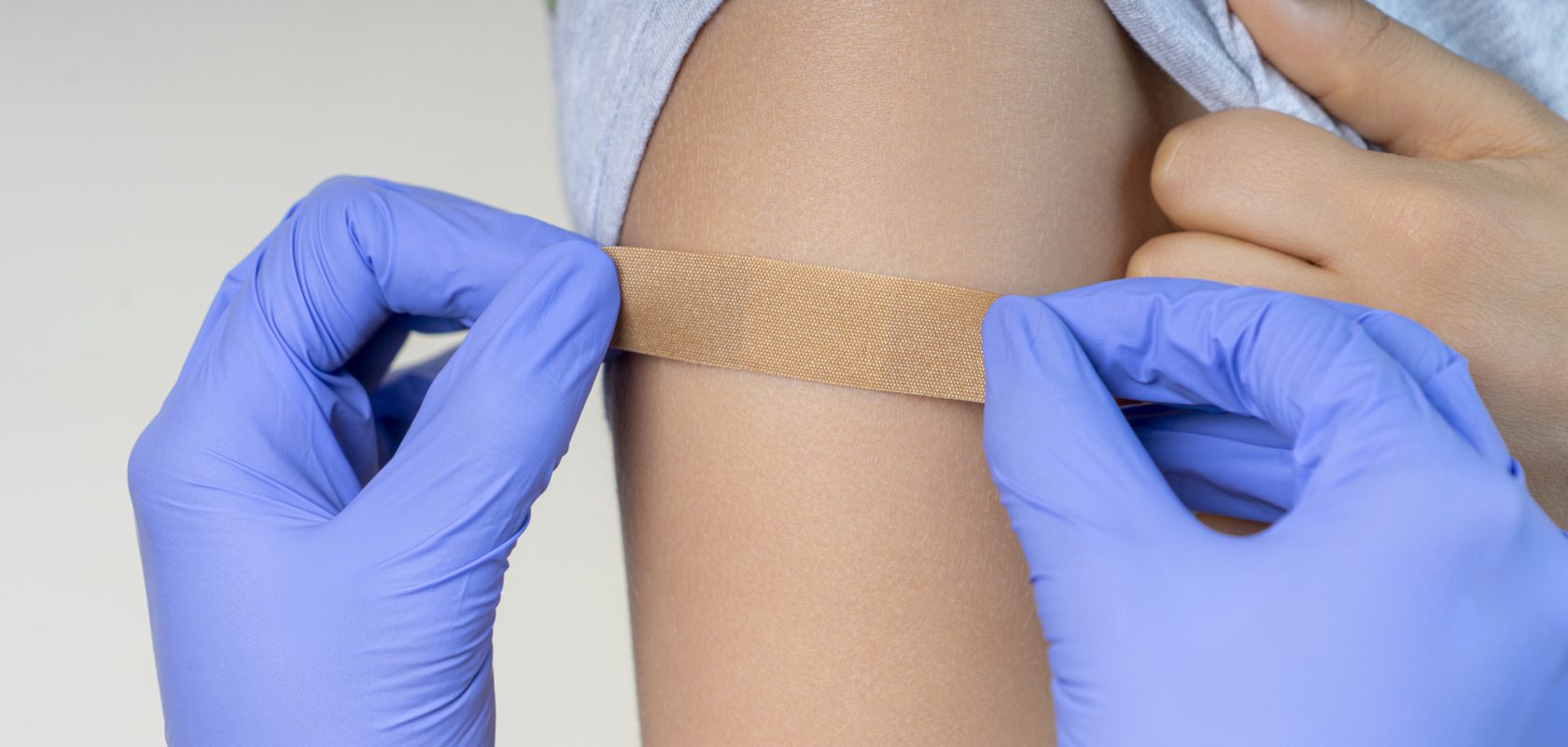Update, 30 August 2022:
Since we sent our initial message to practices a number of resources for the campaign have been released, which are listed here:
Patient resources:
- Have your polio vaccine now – information for parents.
- This leaflet is also available as PDF and printed copies of the English version can be ordered from the Health Publications website.
- Social media animations, image cards and suggested copy.
- Evelina (St Guy’s and St Thomas’ hospital) polio booster booking details (available to children across all boroughs)
Professional resources:
- Inactivated polio vaccine (IPV) booster campaign: information for healthcare practitioners.
- Accompanying flow chart to the above.
- Polio stakeholder slide pack.
We are also aware of a number of challenges highlighted by practices, particularly around capacity given the demand for routine care and other vaccination campaigns expected to run at the same time. We have been raising these on behalf of practices, including in this message from Dr Michelle Drage, our CEO.
Original message, 11 August 2022:
We have been informed that the UK Health Security Agency (UKHSA) and NHS England are tasking London GP practices with identifying, contacting and delivering a polio booster vaccination to eligible children and those who have not had a primary course. NHS England’s timeline sets out that identifying and contacting patients should start immediately with the 160,000 children in North and East London being the priority, before moving on to offer appointments to all 905,000 eligible children in London by 26 September.
All GPs recognise the importance of vaccination and do not want to see a return of polio. However, we do have substantial concerns about the details of this plan as it stands and have made the strongest of representations to both the national and London systems:
- London general practice is already providing record numbers of routine appointments, with the Covid and flu vaccination season also getting into full swing. Any redirection of the workforce away from routine care would impact the work being done to reduce the NHS backlog and alleviate public concerns about GP access.
- There is no central resourcing available at practice level beyond the standard £10.06 IoS fee, despite significant additional time being required to identify and potentially contact patients, and additional clinical staff and premises capacity being required to administer the jabs.
- Even if there was additional workforce funding there is insufficient qualified workforce to deliver the vaccinations in the time frame, with only 1,262 WTE practice nurses in London, including advanced nurse practitioners.
- Providing the initial 160,000 children with a 15 minute appointment would require 40,000 hours or 180 nurses working 37.5 hours solidly over a six-week period.
- The total of 905,000 appointments would take 226,250 hours, so even if extended beyond the envisioned timeframe to allow 10 weeks, it would still take 600 nurses working solely on the campaign to provide the necessary appointments.
- There have been suggestions that practices could involve federations or other parties to aid with delivery. Firstly, they would still be trying to staff the campaign from the same limited workforce pool as practices and secondly, only practices can order stock and the regulations around transferring it to a federation are complex.
- We have not seen the information that will be given to parents explaining the rationale for giving children a stand-alone polio vaccine. We are concerned this may affect the informed consent process meaning appointments take longer, it could also increase health anxieties meaning more general practice and NHS capacity being taken up with counselling, consenting and reassuring patients.
We have also escalated these issues to the BMA GPC to take forward at a national level and it may help practices to make reference to them when taking part in local discussions around the implementation of this campaign.

